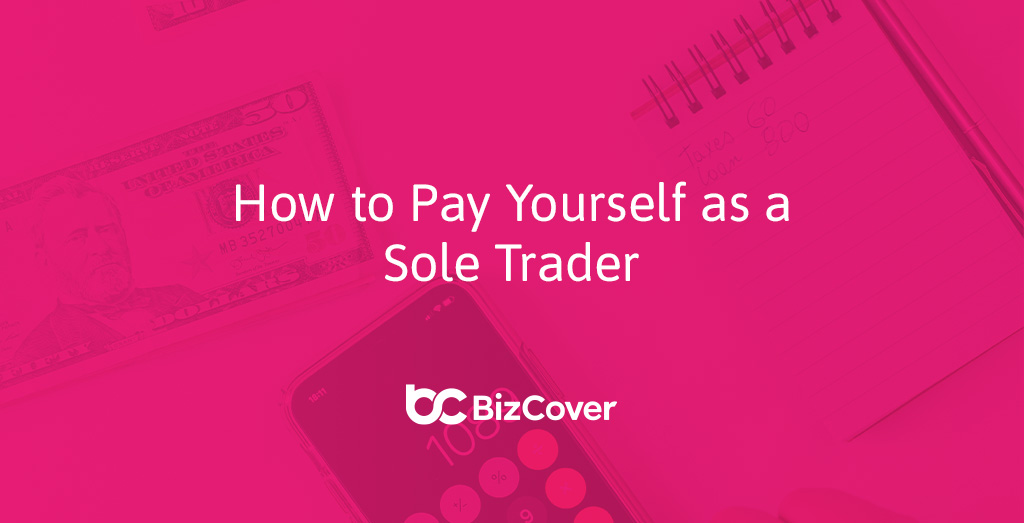How to pay yourself as a sole trader or a business owner
If you’re a sole trader, you’ll wear many hats. And you deserve to take home your fair chunk of pay at the end of the day. But between your tax obligations, super contributions, and insurance, knowing exactly how to pay yourself can be another skill to learn.
This guide will give you some tips and tools that will enable you to take home a salary while still growing your business.
Make a solid business plan
Ensure you have a solid business plan in place. This will dictate what your wages will look like compared to your profits, business expenses and goals. Consider consulting a financial professional.
A lot of this will depend on what stage of your business journey you are at. For example, if you are just getting started, you could give yourself enough money to get by while putting more funds into establishing your business. This could help you grow more quickly.
Sort out your tax and super
One of the key differences between a sole trader business and a company is the way tax is sorted out. Sole traders have their net profit linked to their individual tax rate rather than that of a business entity, meaning you will be asked to produce a profit/loss statement and a personal tax return every financial year.
While it’s not compulsory as a sole trader, a superannuation contribution could help set yourself up for when you plan to retire. If you are an employer, you also have super obligations to your workers.
Plan ahead for emergencies
Now you’ve reached one of the most important points in this blog: plan for that rainy day. There are many highs and lows in business, and your success on bouncing back after a setback will largely depend on how well you prepare for the worst.
Having an emergency savings account will get you out of a bind but what’s best practice is to financially safeguard your business from the risks it faces before they occur.
This can be done sole trader insurance, which depending on your occupation, can protect you from a number of risks whether you’re unable to work, losing your tools or injuring a customer.
These tips are designed to answer that nagging, internal question, ‘how to pay myself in business’. Be sure to revisit these tips as your finances are rarely ever static. The freedom you feel when being a sole trader is a unique feeling. Be sure to control your finances and pay yourself properly so you can also feel financially free as well.
There are many highs and lows in business, and your success after a setback will largely depend on how well you prepare for the worst. Having an emergency savings account will get you out of a bind. But another way is to financially safeguard your business from the risks it faces before they occur.
This can be done with sole trader insurance, which depending on your occupation, can protect you whether you’re unable to work, lose your tools or accidentally injure a customer.
BizCover allows you to quickly compare quotes and purchase business insurance for sole traders without any paperwork. Try our online platform today!
ABN 68 127 707 975; AFSL 501769
This information is general only and does not take into account your objectives, financial situation or needs. It should not be relied upon as advice. As with any insurance, cover will be subject to the terms, conditions and exclusions contained in the policy wording. © 2025 BizCover Limited.





